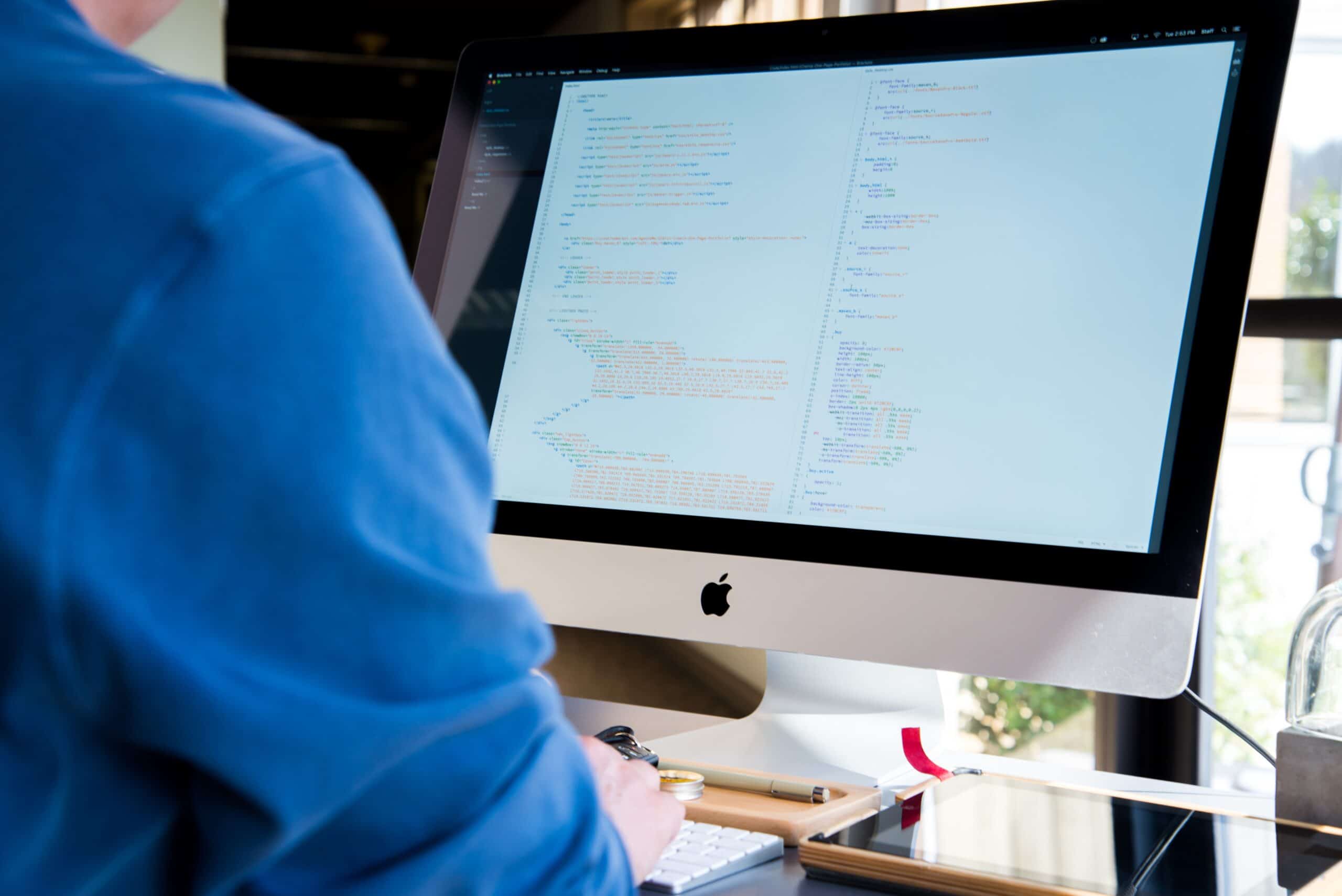
Knowing how to make a hypothesis is essential when you are preparing a thesis, an article or a research project. Because information is worth nothing if it is not expressed in a correct way, especially when it comes to such an important project. Therefore, in addition to researching and developing an idea, it is essential to know how to transform it into a hypothesis so that it acquires validity.
A hypothesis is an assumption or a conjecture that is made from data extracted from certain investigations. For the hypothesis to stop being an assumption and become a confirmed fact, you have to go through several steps and studies to determine if it is correct or not. Therefore, the hypothesis can become a verified statement, if after the pertinent investigations it is determined that it is correct.
What is a hypothesis?
By conducting research, data can be obtained that may suggest certain resolutions. Data that, without being confirmed yet, lead you to establish certain predictions based on your research and studies. For this investigation to become a hypothesis, you have to meet certain requirements. The most important is that it must be testable, since otherwise the hypothesis could not give a conclusive result.
The more information you include in your hypothesis, the more likely you are to get a result. This, however, can be positive or negative, always based on the investigations that will be carried out using the scientific method. Thus, you must add as much information as possible, such as observations, data analysis, experiments or statistics.
The most important features
Although part of an assumption, a hypothesis is more than a conjecture. This must be based on existing knowledge and proven theories. Therefore, good research work is essential to be able to provide data with the hypothesis before presenting it.
Among the most important characteristics of a hypothesis are the following:
- It must be clear and precise. Since otherwise your deductions cannot be considered as reliable.
- Have the ability to be tested. Your hypothesis can be very good, you may have obtained very important results and present a very striking theory. But if there is no possibility of being tested, it can stagnate and become nothing after a while.
- Limited and specific. This means that your hypothesis should be limited in scope, as these are the hypotheses most likely to be solved.
- It must be testable within a reasonable amount of time. The tests that can refute the veracity of your theory, must be able to be carried out in a relatively short time. Since it is not possible to spend years and years collecting data to be able to test it.

How to make a hypothesis
This can be the most intimidating part for anyone faced with their first hypothesis. Since, a bad writing or presentation of the information, can throw all the work by land. The most important thing before you start is to make sure you are asking the right questions. And of course, write correctly the ideas, theories and conclusions that you have found during your research.
Before you start, organize very well all the information you have obtained during your investigations. It is essential that everything has a correct order, otherwise the results could be altered. Once you have everything well planned, you should start writing your theory. These are the steps you must follow to write your hypothesis correctly.
Ask a question
As you begin to write your hypothesis, you should ask a question that you want to get an answer to. This question must be clear, it must be focused on the topic of the hypothesis and it must be able to be investigated. Always taking into account the possible limitations that you have obtained during your investigation.

Carry out a preliminary investigation
The answer to the initial question should be based on the data that you have previously obtained during your research. When writing your hypothesis, add clear and truthful information that you have obtained during your investigation. Includes information that refers to other related theories, data and studies through which you have been able to arrive at your guess.
What do you hope to find? Now is the time to formulate your hypothesis
At this point you will already have an answer to your initial question, it is what gives rise to the hypothesis. According to your research, you must have reached an assumption, which is what is going to be investigated to accept the theory or not. For example, to an initial question such as: Do children who read in childhood acquire a better study habit in adolescence?
The answer you hope to find then would be: “Reading in childhood improves the habit of study in adolescents.
Debug your hypothesis
For a hypothesis to be investigated, it is essential that it is well written. So you must use clear terms that can be easily understood and that are related to the chosen topic. On the other hand, it must contain data such as:
- The relevant variables
- Specify the group on which the study is being carried out
- Forecasting the research results

Other tips for making a good hypothesis
A hypothesis is based on a question, so this is how you should start writing your theory. Clearly identify what is the question to be solved within your investigation, since it is essential that it is clear and concise. The hypothesis is not the question itself, it is the statement that follows it, it is very important that this is clear in your presentation.
Reading your hypothesis should be easy, even taking into account that it is going to be read by a scientist, do not assume that it must be written with complex and far-fetched terms. The easier it is to read, the more likely an answer will be found. Lastly, you need to make sure that your hypothesis can be tested.
The result can be positive or negative, but it is essential that it can be reached after relevant research and studies. Therefore, make sure your hypothesis can be solved, conducting studies, experiments, preliminary checks and everything you can do to obtain a result.
Before starting to make your hypothesis, organize the information very well, classify it and ask the necessary questions to be able to transfer them correctly to the writing. In this way, you can write an outstanding project.